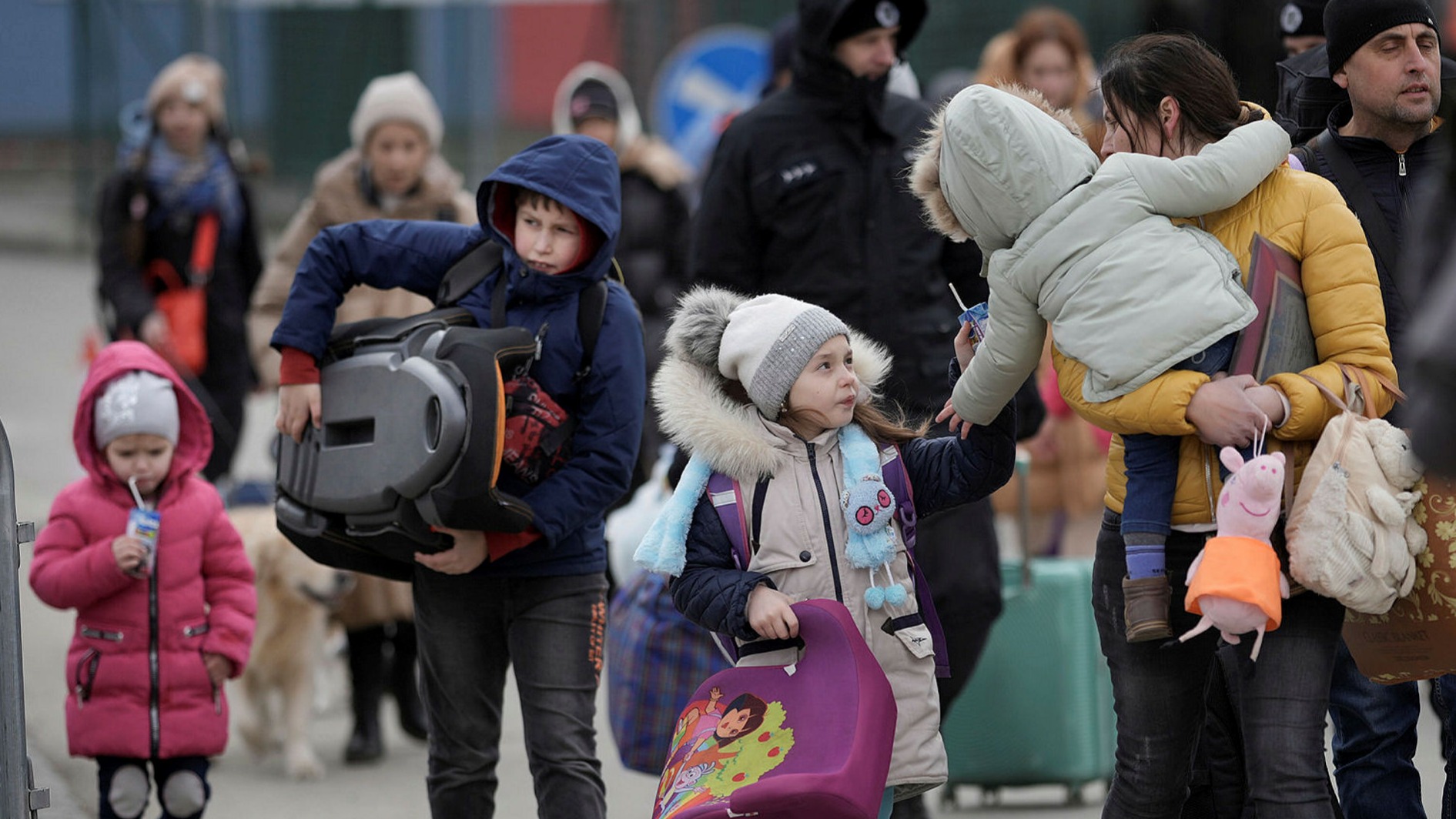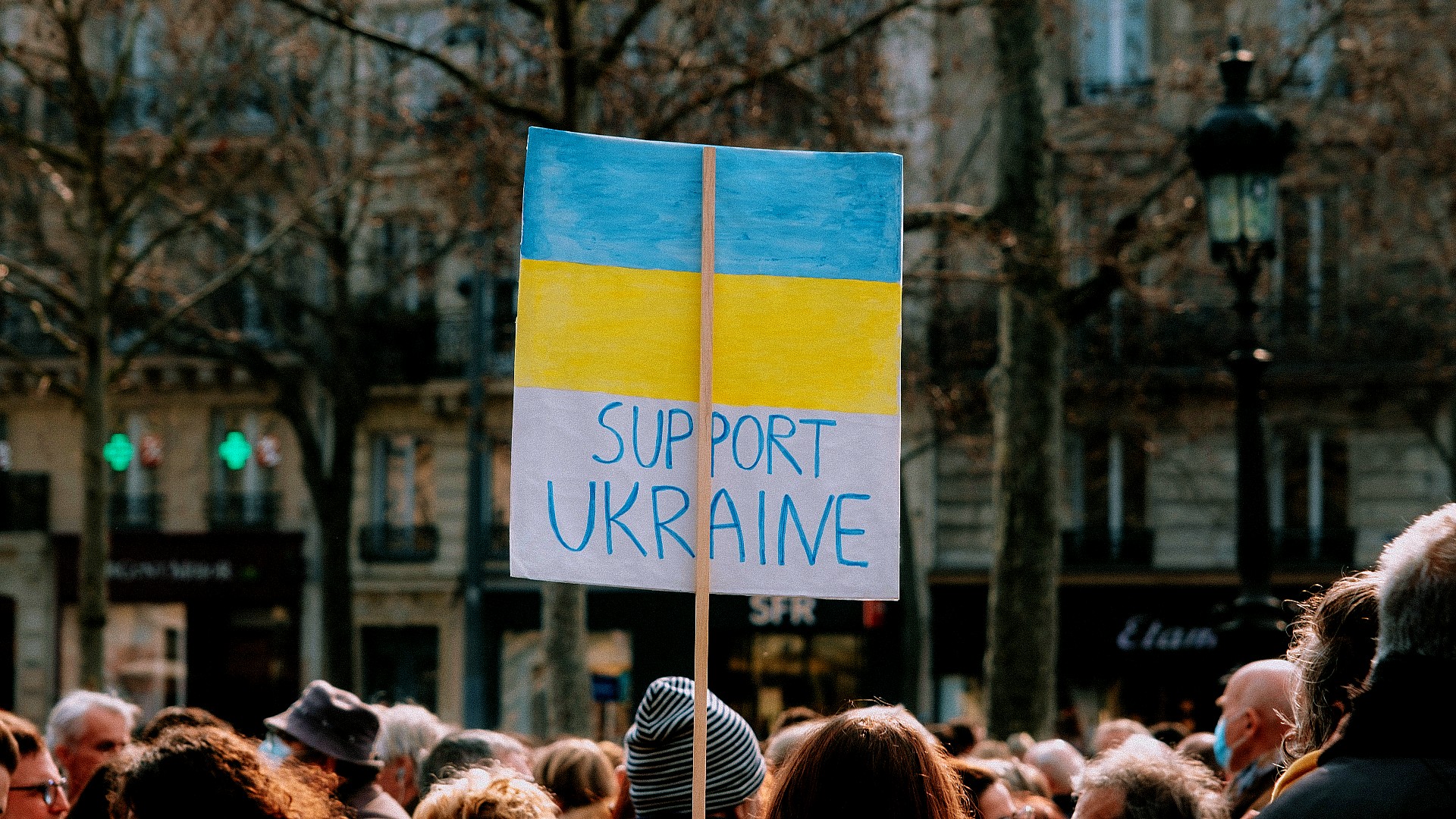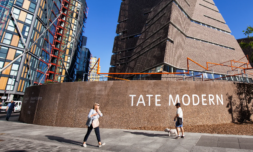More than 130,000 Brits have registered interest in opening their homes to families fleeing the war zone. While the move has been welcomed by many, some are concerned about whether those arriving will get the support they need.
Amid intense scrutiny towards the delay in governmental strategies to address the humanitarian crisis brought on by Putin’s merciless attack on Ukraine, thousands of refugees are expected to arrive in the UK next week.
This is following Michael Gove’s announcement that there will be no limit to how many Ukrainians can enter the country under the visa sponsorship scheme which, launched on Tuesday, allows Brits to open their spare rooms or separate self-contained accommodation to families fleeing the war zone for at least six months.
So far, more than 130,000 households have registered interest in offering shelter to Ukrainian nationals, who do not need to have existing ties to the UK to be eligible, just proof of Ukrainian residency prior to January 1, 2022.
If the applications of those determined to lend a helping hand are accepted, they are to receive £350 a month – tax-free – for their involvement and will not be asked to provide food or living expenses unless they choose otherwise.
It’s fantastic that over 100,000 people and organisations have recorded their interest in supporting Ukrainians fleeing the war through the Homes for Ukraine scheme.
Thank you to everyone across the country who has stepped up to offer their help so far. #StandWithUkraine https://t.co/cZWCHyLoZT
— Boris Johnson (@BorisJohnson) March 15, 2022
‘The UK stands behind Ukraine in their darkest hour and the British public understand the need to get as many people to safety as quickly as we can,’ said Gove, expressing his hope that this will help those escaping persecution to find peace, healing, and the prospect of a brighter future.
‘I urge people across the country to join the national effort and offer support to our Ukrainian friends. Together we can give a safe home to those who so desperately need it.’
To ensure that the initiative runs smoothly, anyone looking to host will be vetted and ‘undergo security assessments,’ though full DBS checks will not be necessary.
Local authorities, which can claim £10,000 per individual refugee, may also be obliged to review whether the lodgings being put forward are up to scratch.

Additional funding will be delivered for children going to school, every displaced Ukrainian will have access to all NHS services for free, and those arriving under the scheme will be granted leave to remain in the UK for three years as well as an opportunity to apply for benefits and seek employment.
‘The outpouring of public support is remarkable,’ writes Enver Solomon for The Guardian. ‘The challenge now is to harness it in the best possible way, ensure all Ukrainians have a genuinely warm, safe and secure welcome, and use this moment to rethink our approach as a country to all refugees, to strengthen our commitment to refugee rights rather than weaken it.’





















